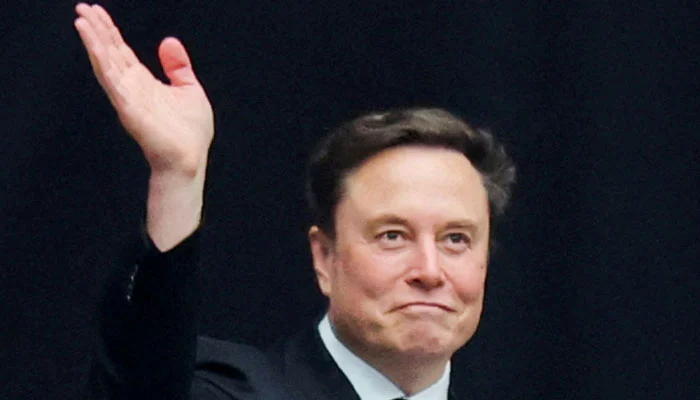Select Language:
Tesla CEO Elon Musk secured shareholder approval on Thursday for the largest-ever executive compensation package in corporate history, with investors backing his strategic vision to transform Tesla into an artificial intelligence and robotics powerhouse.
The plan received over 75% support during the company’s annual meeting at its Austin, Texas factory, where Musk was greeted with cheers and dancing robots. If fully realized, Musk could accumulate up to $1 trillion worth of Tesla stock over ten years, though the actual payout would be reduced to roughly $878 billion based on the company’s ongoing stock performance.
This vote is pivotal for Tesla’s future trajectory, as its market value heavily depends on Musk’s ambitions to develop self-driving vehicles, establish a robotaxi network nationwide, and produce humanoid robots—despite recent setbacks caused by controversial political statements that have negatively impacted the Tesla brand this year.
Musk addressed shareholders, saying, “What we’re about to begin isn’t just a new chapter for Tesla—it’s an entirely new book,” signaling the start of a transformative era. Shareholders also re-elected three board members, approved annual elections for all directors, and endorsed a new compensation plan for Musk, which faces legal delays under prior arrangements.
“Most shareholder meetings are dull, but ours are exciting,” Musk remarked. “Look at this—it’s incredible.”
Investors permitted Tesla to invest in Musk’s artificial intelligence startup, xAI, although some abstained amid concerns about potential conflicts of interest. The move is viewed as mutually beneficial: Tesla’s self-driving goals depend on advanced AI, and xAI would gain a significant client, accelerating development.
Major stakeholders like Norway’s sovereign wealth fund and proxy advisory firms Glass Lewis and ISS opposed the plan, arguing that the payouts could diminish shareholder value. Tesla’s board indicated Musk could resign if the compensation package was rejected.
The decision eases worries that Musk’s involvement in politics and other ventures like SpaceX and xAI could distract from Tesla’s core objectives. Supporters argue the record-setting package aligns Musk’s personal incentives with long-term shareholder interests, as he must hit specific milestones to unlock his compensation.
Over the next decade, Musk aims for Tesla to deliver 20 million vehicles, operate a million robotaxis, sell a million robots, and generate up to $400 billion in core earnings. His compensation depends on Tesla’s stock reaching milestones: first a valuation increase from $1.5 trillion to $2 trillion, and ultimately to $8.5 trillion, with each hurdle granting him 1% of Tesla’s stock. Even if most goals aren’t met, Musk could still net tens of billions, with a full payout reaching about $1 trillion if all targets are achieved.
The actual payout value reflects Tesla’s stock price, with the company only compensating Musk for incremental increases. The package allows for payment in cash or fewer shares, with total valuation-based compensation always fluctuating alongside the stock market.
In addition to financial incentives, Musk expressed interest in increasing his voting stake in Tesla as part of this package, aligning his influence with the company’s future direction as he prepares to deploy a “robot army.”






